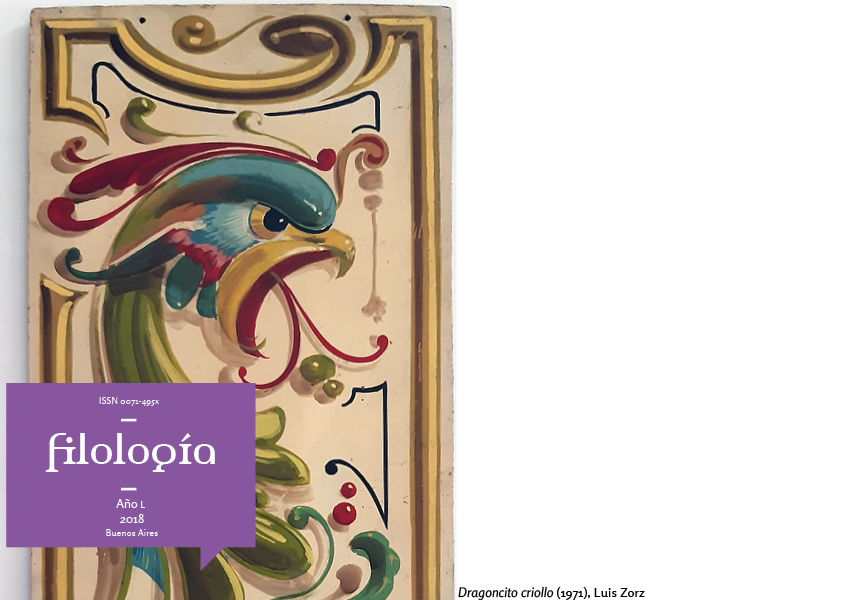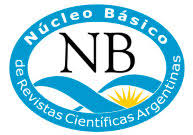Valle-Inclán and Rubén Darío on the way to Babel: Heterogeneity, lunfardo, and slang
Keywords:
historical glotopolitics, migration, slang, lunfardo, modernism
Abstract
In this work we focus on two texts that we read as part of the same series: that constituted by public interventions around languages in Spanish-speaking intellectuals at the end of the 19th century. Our interest focuses on one of the early short stories of Ramón del Valle-Inclán, “Babel”, published in Galicia in 1888, and other writings on linguistic questions of the most important author of modernism in Hispanic America, Rubén Darío, published in 1894, simultaneously in the two capitals of the Río de la Plata. Drawing on historical glotopolitics, we examine the way in which a conception of language is configured in terms of heterogeneity of voices, materials, and mobility, a conception that we think of as associated with figures such as those of the foreigner, in the case of Valle-Inclán, and of the minority and the migrant, in Rubén Darío. We suggest that they postulate a critical vision of language that disputes monoglosic and normativist conceptions, within the framework of the consolidation of national academies of the language and the incipient institutionalization of philological studies in the Hispanic world.Downloads
Download data is not yet available.
Published
2018-07-15
How to Cite
Bentivegna, D. (2018). Valle-Inclán and Rubén Darío on the way to Babel: Heterogeneity, lunfardo, and slang. Filología, (50), 71-79. Retrieved from http://revistascientificas.filo.uba.ar/index.php/filologia/article/view/8050
Issue
Section
Dossier














